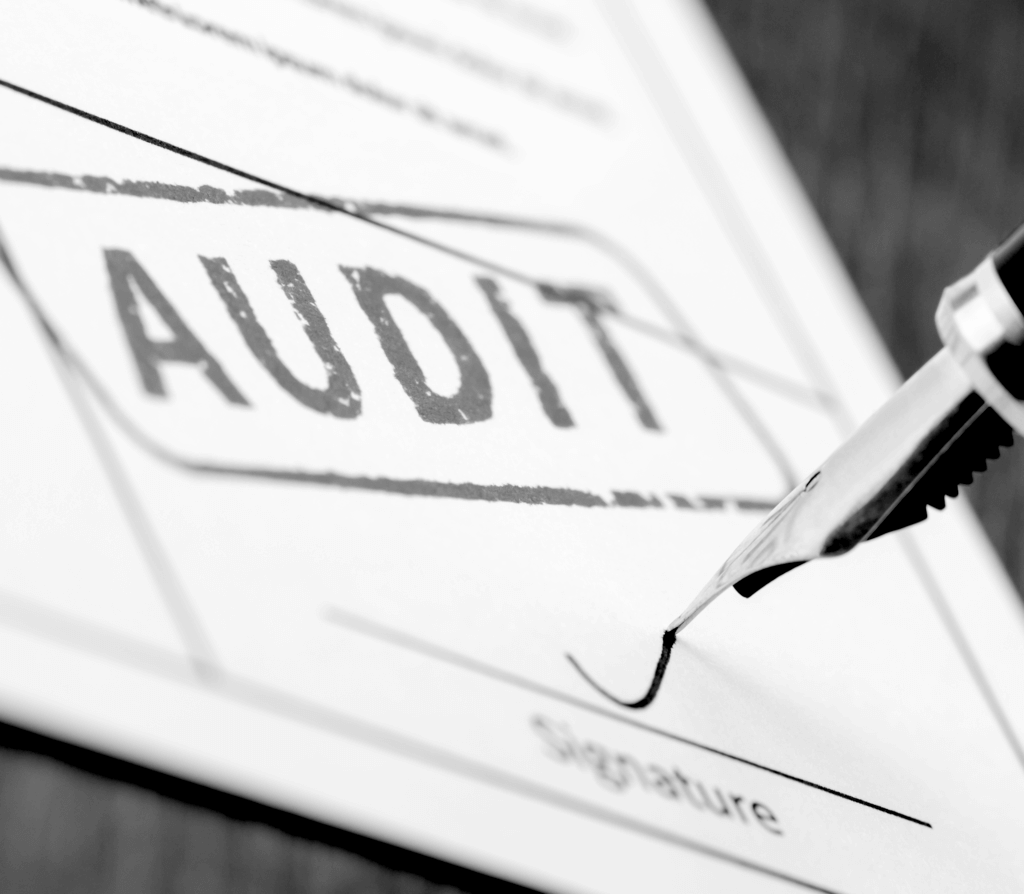Over the last 3 years, throughout the world, organisations have received the most extreme brutal audit of their capacity to cope with a large-scale novel event. Whether it was the COVID-19 pandemic, the war in Ukraine or the failure of Silicon Valley Bank, the ensuing turbulance and uncertainty has made confident decision making even more critical. The scale and impact of these events have had an overwhelming emotional impact on millions of people, resulting, in many instances, in a breakdown of their individual and collective sensemaking capabilities.
The oft-quoted, but truncated, Ram Emanuel aphorism clearly captures the potential for building strength from this context,
‘You never let a serious crisis go to waste’. What few go on to more accurately provide is that the advice concludes ‘…..it’s an opportunity to do things you think you could not do before.’
We would add that not only is it an opportunity, but the risks are less because there is an expectation that leaders must try to do things differently.
Leaders should take the opportunity of checking the organisational sensemaking capability of their own organisations because every organisation has its own more nuanced brutal audits when faced with having to manage the unexpected in the form of ongoing events that challenge prevailing assumptions and coping mechanisms.
Put simply, Individual Sensemaking is the way that humans process information in order to create meaning from situations that they face. Put less simply our brains sift situations for clues that fit past frames of reference (events) and then form tightly or loosely held meanings which enable people to make decisions and take actions.
Organisational Sensemaking is the collective social processing of information, however incomplete, that results in the creation of meaning (not always shared equally), decision-making and actions.
The caveats above (the number of variabilities in any social enterprise) create a deliberate sense of the imprecise nature and quality of Organisational Sensemaking. This situation worsens because people have a natural tendency, when considering unfolding events, to over credit the past and superimpose previous meaning and thus decision-making onto present situations. In novel and fast-moving situations this can quickly get organisations into deep trouble which is why Organisational Sensemaking is widely used as the research methodology for the investigation of major disasters and events in which social action has either created the disaster or made it worse. However, the quality of Organisational Sensemaking is the critical determining factor for the success of all organisations faced with new situations, not purely those engaged in life threatening situations.
The better the sensemaking processes, the better the decision-making and the better the outcomes. You can watch a short video here which explains more.

